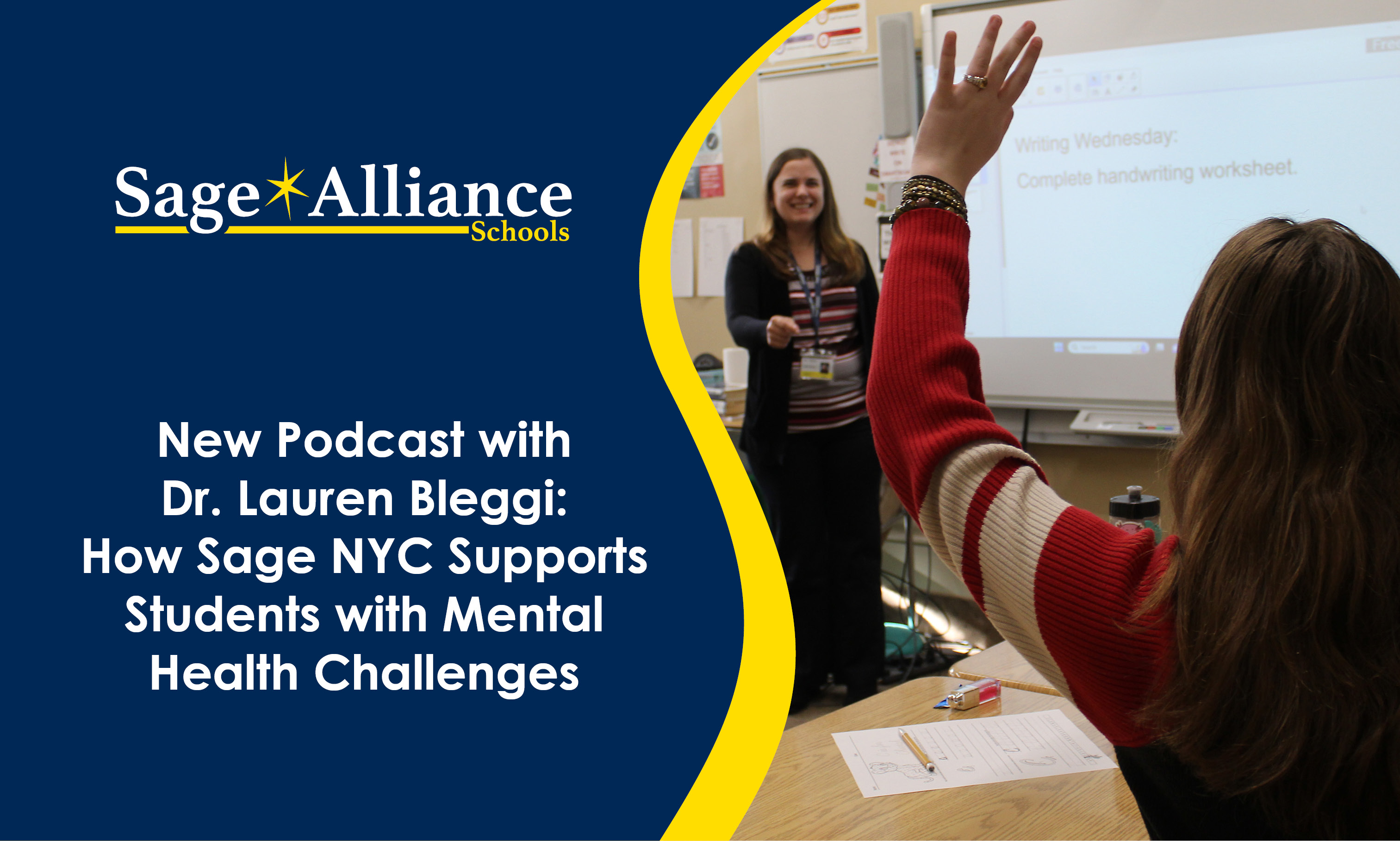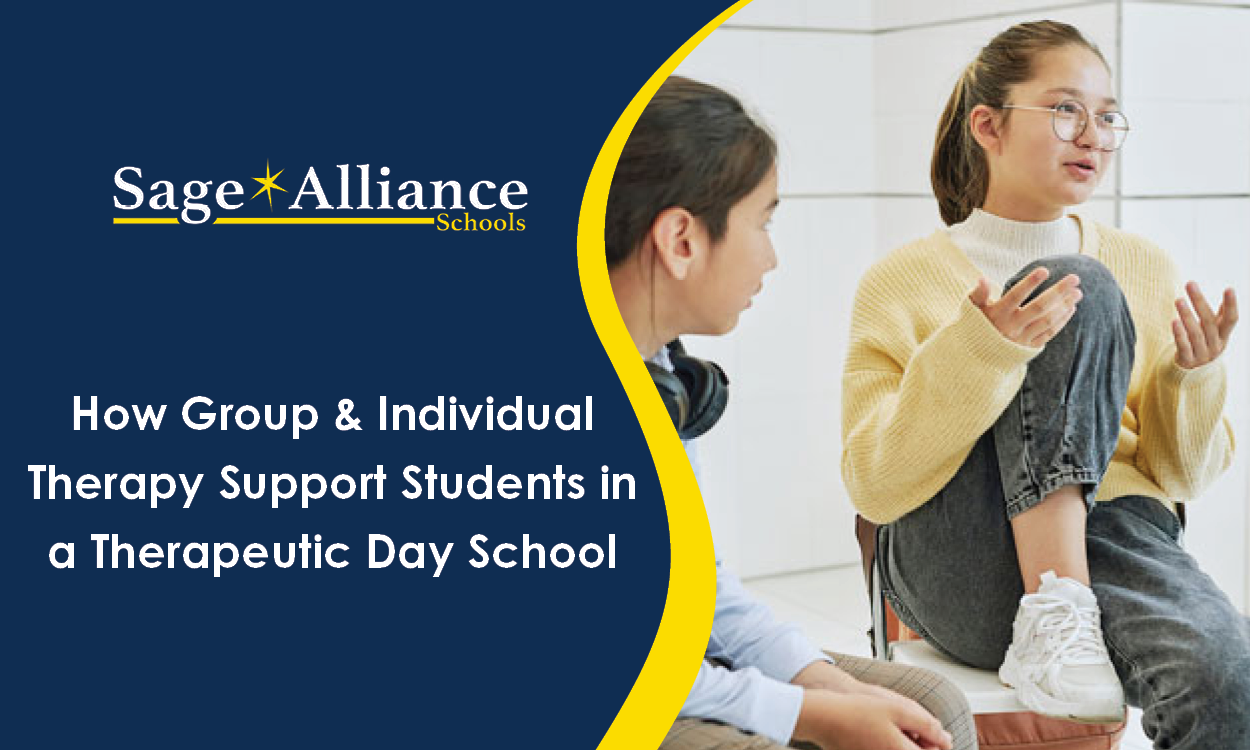How to Talk To Your Kids About Depression and Self-Harm
Posted: June 03, 2017 | Written By: Holly Ference | Category:

Knowing your child is struggling with depression may leave you feeling helpless and anxious about their wellbeing. Being a resource for them while they cope with their mental illness is important, but sometimes easier said than done. Keeping a line of communication open between you and your child is vital so you can try to understand what they are experiencing.
According to the National Center for PTSD, 13-35 percent of teens have engaged in self-harm at some point in their lives. All warning signs should be taken seriously, so talking to your child about their feelings is a way for you to intervene before their situation becomes more dangerous.
Warning signs for depression can be missed so as a parent, you should try to discern patterns. When negative feelings or thoughts linger, and limit your child’s ability to maintain their normal routine, the conversation about depression should be started.
How to start
It might feel unnatural, but being direct about depression and self-harm is a practice that therapists use to spark a dialogue. You can ask them if they feel depressed or if they’ve ever thought about harming themselves. The growing movement to end the stigma around mental illness is something your child likely sees on their social media feeds often. Though you might not have had a similar experience growing up being open about feelings of depression or self-harm, these topics are not unheard of today.
Begin the conversation with an open mind
As hard as it is to turn the protective or pedagogical part of your brain off that many parents have, active listening without immediately responding can let your child say what they feel. Without fear they’ll get “in trouble”, they may be more apt to tell you what is going on in their lives. If you show you trust your child, they’ll trust you are a person they can safely talk to.
Put yourself in their shoes
Empathy is a skill that should not be overlooked when handling topics as sensitive as depression and self-harm. However, over-empathizing can exacerbate their feelings and heighten emotions. Sharing opinions about their peers that may be causing their emotional reaction may over-involve you in the situation. If your teen is feeling lost, it’s encouraged to share your values with them in a non-judgmental way. Staying calm and rational can help create a space where your child can talk through their feelings.
Avoid lecturing
It’s important to avoid speaking in a condescending tone to your teen after they have told you their feelings. Adolescents are still learning about themselves and the world around them, and sharing your experiences can help them learn. However, your response does not have to be an abstract lesson about the bigger picture, as this can get lost in translation.
Thank your child for sharing
Encouraging behavior that lets you into your child’s world can enable you to see warning signs you may have otherwise missed. Though you would do anything to keep your child happy and healthy, it’s no secret that parents can seem like public enemy #1 to a teen going through depression or feelings that lead to self-harm. Showing gratitude for sharing will lead to more conversations in the future and keep a line of communication open.
Don’t feel pressured to be the only sponge that absorbs your child’s feelings. Though you are one of the best people your child can talk to about depression and self-harm, it is recommended to involve a professional who has formal training in helping teens cope. Confiding in a third party can be helpful for both you and your child. Self-care is a practice your child will pick up on if you are proactive about doing it yourself. At Sage Day, our Sage Certified CliniciansTM are available to help with challenging situations, referrals to Sage Day, or a variety of other services a student may benefit from. We welcome students struggling with anxiety, depression, school refusal, and any other emotional issues that interfere with their ability to learn.
Want to be notified of new articles and resources from Sage Alliance? Click here to submit your email and opt into our newsletter.









